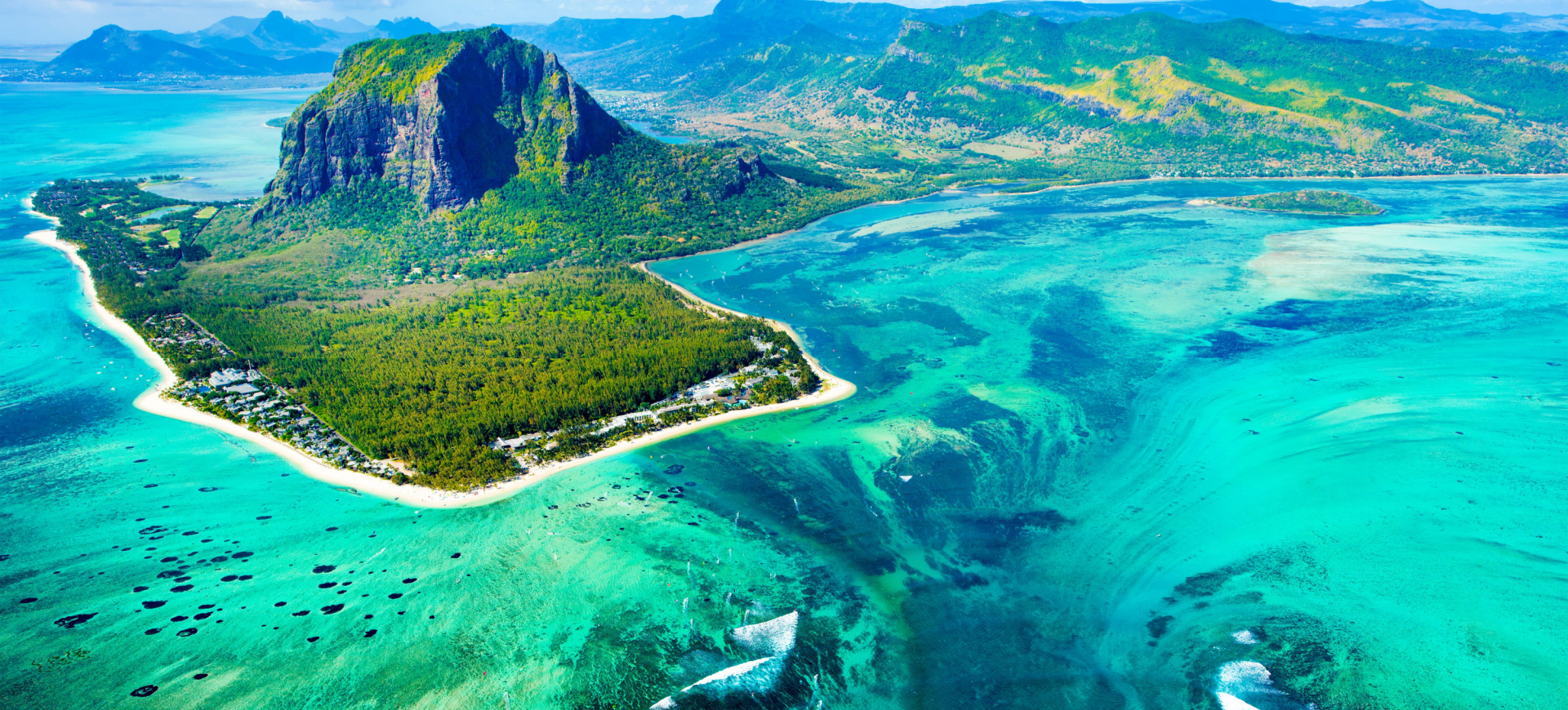Mauritius brings SIDS issues to the G20
Mauritius is privileged to participate as a guest country at the invitation of India in the G20 meetings.
The G20 summit in New Delhi is being held at a moment when the world is grappling with unprecedented global challenges. If nothing is done now, the development gains of developing countries will be reversed.
The summit offers a remarkable opportunity to adopt a united strategy in confronting these challenges through continuous consultations involving the world’s major economies as well as the developing ones.
This innovative consultative approach has led to the emergence of a positive and inclusive G20 agenda under India’s presidency, where the Global South has been given a prominent voice.
The G20 discussions have prioritised eco-friendly growth, climate change, climate finance, technological shifts and energy transitions. In addition, there is a renewed commitment to achieving the Sustainable Development Goals.
The G20 functions as an important platform for cooperation allowing developing countries, including small island developing states such as Mauritius, to interact with major economies, thus contributing
to global solutions.
The G20 platform provides Mauritius with an opportunity to put in the forefront the inherent vulnerabilities and challenges faced by SIDS.
The New Delhi Summit will go down in history as one that has paved the way towards the realisation of the aspirations of the Agenda 2063 by welcoming the African Union as a permanent member of the G20. This is a milestone achievement for Africa and for the world.
As an island state forming an integral part of Africa, Mauritius is deeply attached to the preservation and promotion of peace and stability. We are deeply committed to respecting the territorial integrity and sovereignty of all countries, in accordance with the core principles and values of the United Nations Charter and international law.
Several thought-provoking and game-changing topics will be discussed at the New Delhi Summit, some being of particular interest to Mauritius.
CLIMATE THREATS
Like many island economies, Mauritius is at serious risk from rising sea levels, caused by global warming, to which these countries have contributed the least. Climate change is an existential threat for vulnerable SIDS countries.
Mauritius supports the initiative to scale up the contribution of $100 billion in favour of developing countries, including SIDS.
Mauritius has a unique appreciation of the fragility of our planet’s ecosystems, particularly our ocean. We are unflinching in our commitment to the sustainable use and protection of our environment, conservation of marine biodiversity, including promoting sustainable and eco-friendly tourism.
In that regard, Mauritius supports the adoption of the G20 High Level Principles for a Sustainable and Climate Resilient Blue Economy and commits to enhancing ocean health. We, therefore, unreservedly endorse the Goa Roadmap for Tourism as a vehicle for achieving the SDGs.
Mauritius fully endorses the G20 High Level Principles on Lifestyle for Environment. We also support the calls for a globalisation that is centred on human development.
A reform of the multilateral development bank ecosystem, which can respond effectively to the financing needs of developing countries, is essential for a more equitable world.
Food security, which is another survival threat to the world, is high on the agenda of the G20. Mauritius is in favour of more initiatives in the field of food science and technology, and tackling food supply chain issues in a sustainable way to reverse or stop the environmental degradation worldwide.
In the same vein, we look forward to a reformed multilateral trade system, including the World Trade Organization, which would lead to a level playing field among all actors. We are hopeful that the G20 summit will enable developing countries to benefit from fairer trade agreements.
The recent Covid-19 pandemic, which led to a global supply chain crisis and drove freight rates to record high levels, has highlighted the importance of fair and equitable access to logistics for developing countries, in particular for small and remote developing economies.
Mauritius calls for a revitalisation of the international architecture. We need a global governance architecture that is more inclusive, if we are to accelerate progress on the Sustainable Development Goals and women-led development.
Let us use the platform of the G20 summit to forge new alliances, strengthen existing partnerships
and foster a sustainable and inclusive future for all.












